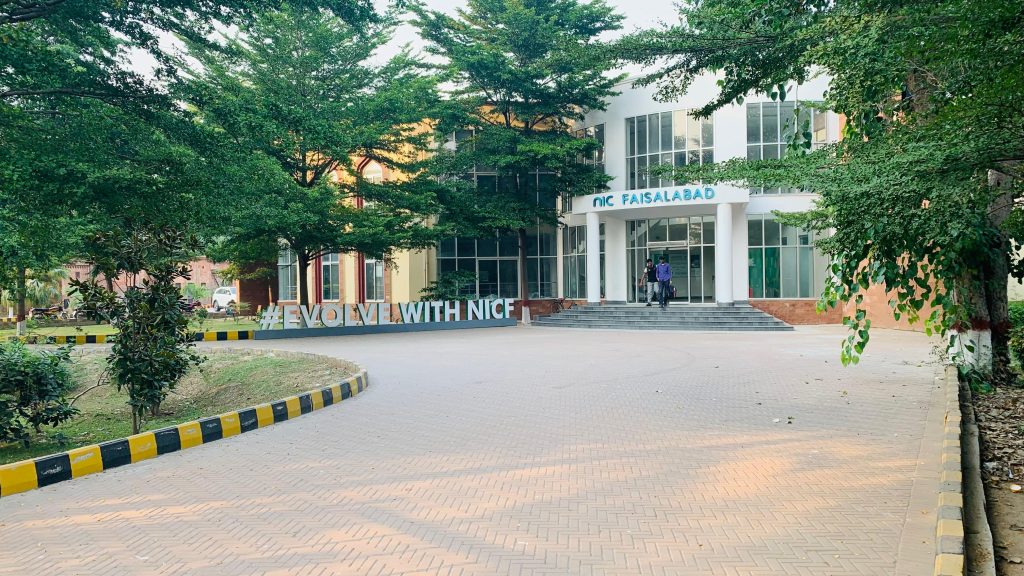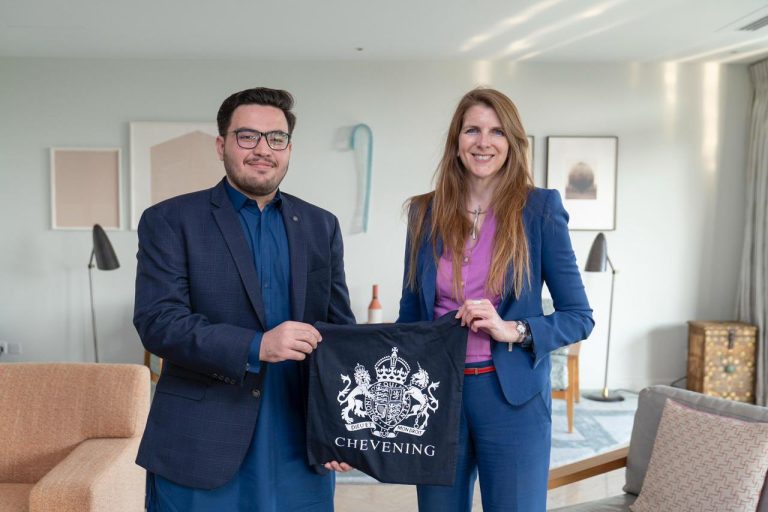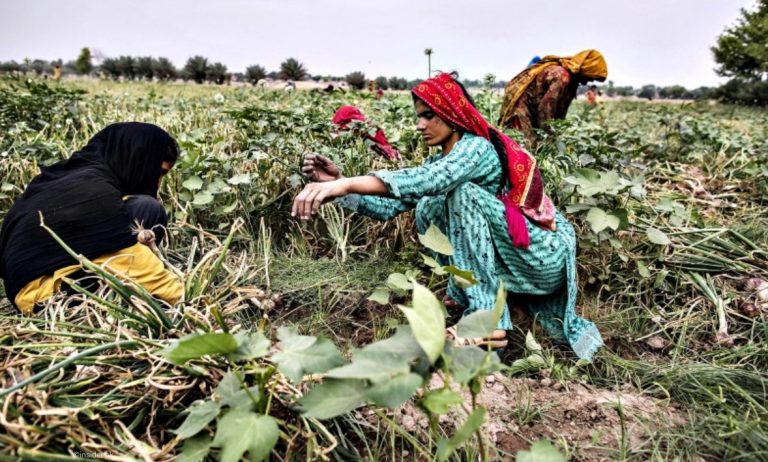NIC Faisalabad: An incubator for green ideas

To promote Pakistan’s startup ecosystem, Ignite National Technology Fund and the Ministry of IT and Telecommunication are funding National Incubation Centers (NICs) across the country. These centers are sparking innovation and have already demonstrated how fostering creativity and ingenuity can yield significant results in just a few short years.
Among these, the National Incubation Center Faisalabad (NICF) stands out as Pakistan’s first AgriTech and TextileTech-focused incubator. Managed by Fauji Fertilizer Limited in collaboration with Founders Institute, GroundUp, Change Mechanics, and CyberVision International, NIC Faisalabad is situated in the renowned University of Agriculture Faisalabad (UAF), South Asia’s oldest agricultural university. This strategic location provides NICF with access to a robust pool of resources to support startups and innovators.
Faisalabad, known for its entrepreneurial spirit, boasts a community naturally inclined toward business and innovation. The city’s startups often aim to address real-world challenges, reflecting a problem-solving mindset. Recognizing critical issues such as environmental pollution and climate change that affect not only Faisalabad but the entire nation, local startups are increasingly focusing on creative and sustainable solutions.
As NIC Faisalabad begins accepting applications for its sixth cohort, Climate Call conducted an exclusive interview with Zeeshan Shahid, Project Director of NICF, to explore how this incubation center is nurturing climate-focused and AgriTech startups.

A Hub for AgriTech Innovation
Zeeshan Shahid emphasized NICF’s uniqueness as Pakistan’s only dedicated AgriTech incubation center. Startups from across the country are drawn to NICF for its focused support in agriculture-related innovations.
“Agriculture is a vast and diverse sector, and it is one of the most impacted by climate change,” Zeeshan noted. “Most of our AgriTech startups are working on climate change mitigation or adaptation solutions. For example, some are tackling water conservation and wastewater treatment, while others are creating low-cost energy solutions using agricultural waste, which can address issues like smog. We also have startups enhancing crop yields with fewer inputs, improving livestock productivity, rehabilitating barren lands, and innovating irrigation systems.”
NICF supports startups by transforming their ideas into commercially viable ventures. Additionally, it has successfully commercialized patents and research from the University of Agriculture Faisalabad, converting them into thriving businesses.
Empowering Entrepreneurs with Practical Training
Shahid explained that NICF assesses each startup individually and equips them with the skills needed to evolve into profitable businesses.
“Our partnership with the Silicon Valley-based Founders Institute allows us to utilize their curriculum, which is hands-on and practical, rather than theoretical. This approach is specifically designed for entrepreneurs. We also connect startups with relevant industries and prepare them to secure investments.”
Impact and Achievements
Over the past two years, NICF has nurtured more than 76 startups, creating over 1,110 jobs. These startups have generated a combined revenue of PKR 52.9 million, with investors pledging an impressive PKR 404.5 million.
Opportunities and Challenges
While acknowledging that Pakistan’s startup ecosystem is still in its early stages compared to developed nations, Shahid highlighted its significant potential.
“With 40-45% of the population involved in agriculture, there are immense opportunities for startups to increase productivity and digitize processes. Similarly, over 100 million people in Pakistan remain unbanked, offering a vast untapped market for financial technology startups. E-commerce is also a rapidly growing sector, presenting significant opportunities for new ventures and attracting international platforms.”
However, Shahid pointed out that political instability and disruptions in internet services are major challenges for startups, especially technology-based ones.
“Most startups rely heavily on the internet, and any disruption impacts their operations. Resolving these issues would enable the startup ecosystem to flourish independently,” he said.
NIC Faisalabad continues to bridge the gap between innovative ideas and practical implementation, empowering entrepreneurs to address local and global challenges while contributing to Pakistan’s economic and environmental sustainability.






